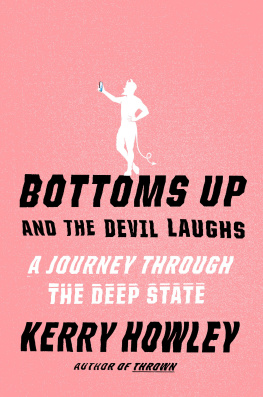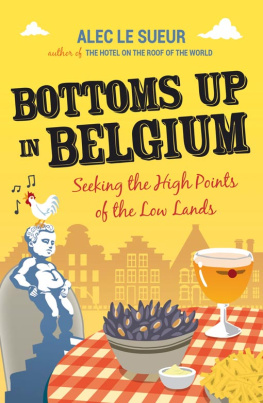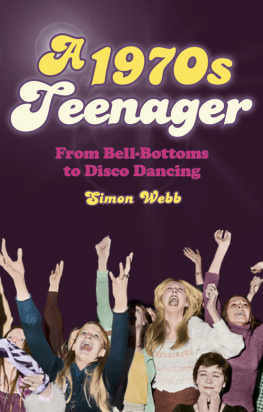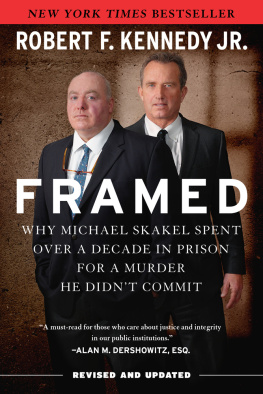








Copyright 2014 by Greg Bottoms
All rights reserved under International and Pan-American Copyright Conventions. No part of this book may be used or reproduced in any manner whatsoever without written permission from the publisher, except in the case of brief quotations embodied in critical articles and reviews.
Library of Congress Cataloging-in-Publication Data
Bottoms, Greg.
Pitiful criminals / Greg Bottoms ; art by W. David Powell.
pages cm
ISBN 978-1-61902-386-4
1. Family violence. 2. Victims of family violence. 3. Violence. 4. Mentally ill offenders. I. Title.
HV6626.B676 2014
364.3dc23
2013044918
Book design and illustration by W. David Powell
COUNTERPOINT
2560 Ninth Street, Suite 318
Berkeley, CA 94710
www.counterpointpress.com
Distributed by Publishers Group West
10 9 8 7 6 5 4 3 2
Authors note: This book blends autobiography and essay with fictionalized re-creations. Taken as a whole, it is a work of fiction in which imagination plays as significant a part as memory or fact. Many names, characteristics, and locations have been altered or are used fictitiously.


I was developing a tabloid sensibility. Crime jazzed me and scared me in roughly equivalent measure. My brain was a police blotter.
James Ellroy
The sad truth is that most evil is done by people who never make up their minds to be good or evil.
Hannah Arendt


Never make anything uptrust life.
Wladimir Kaminer
I just want to go away and look at people and think.
Sherwood Anderson

CONTENTS

I received an email from a Department of Corrections social worker in 2008. She had a message for me from my older brother, Michael. He wanted contact with his family after fifteen years in a prison psychiatric treatment facility, to which he had been sentenced after trying unsuccessfully to murder my mother, father, and younger brother in an arson attempt at our home in suburban Tidewater, Virginia.
In February 1992, in the early morning dark, he had dismantled the houses smoke detectors, poured gas around the garage and through the downstairs hallway, and thrown matches into the black puddles, igniting wood, drywall, and carpet. He then rode off on my mothers cobwebbed, blue Sears bicycle. He had once been a handsome, fit, quick-witted boy, but by then he was a bloated, ashtray-smelling, deranged, yellow-toothed twenty-five-year-old.
A couple of hours after setting the fire, he rode back home. My ill father and younger brother were sitting on the bumper of an ambulance. My mother, dressed in a nightgown and jacket, was crying and shivering in the cold as the firemen extinguished the last embers in the smoldering garage and the police collected evidence. Michael asked her what was for breakfast. Could they maybe go to Dennys?
When the cops wanted to put handcuffs on himloose, for comfort, just one of those procedures the manual insists upon, Michaelmy brother figured that would be okay. He sat in the back of the police car, smiling as blue and red light sprinted around the neighborhood, flashing across the sleep-softened faces of our neighbors. He laughed. Hed really done it this time.

My brother is a paranoid schizophrenic. He used to spend much of his time reading and writing in his King James Bible, in which he found coded messages and directions about his own life. Religious delusion, across cultures and belief systems, is a common form that auditory and visual hallucinations take in cases of acute paranoid schizophrenia. This is because the schizophrenic seeks salvation from his suffering the way a person drowning seeks a gulp of air. Religion is the road map most available for this missiona set system of archetypes, story lines, and metaphors aimed at deepest human meaning, hope in bottomless despair, and orientation within ones own mind and experience. As the anthropologist Clifford Geertz once wrote, Man cannot live in a world he does not understand. When we lose touch with so-called reality, we dont disappear into a void of meaninglessness; we reconstitute fact, experience, belief, and feeling into an alternate reality. We leave the socially acceptable level of delusion we all live in as citizens of the modern, information-glutted, wisdom-and-knowledge-starved world and enter a mental house of mirrors. We go mad.
In mental illness, faith and spirituality can be elixirs for suffering, but they can also be unhealthy and even dangerous obsessions, especially when those in the throes of psychosis refuse to believe they are ill, as do about fifty percent of schizophrenics. And sometimes these obsessions spill over into uncontrolled dementia and, as in my brothers case, rage, criminal behavior, and violence.

He used to pray loudly in pizza parlors, or at the food court in the mall, while the Christmas shoppers walked quickly by. He felt an otherworldly power roiling through his bones and blood and skin. Clouds had messages. A drop in temperature could carry hidden meaning. He believed there were demons in our house, under his bed, which he once tearfully told my mother about, sending her heartbeat into the red zone. He was convinced that my father, who was dying of cancer, almost dead, was a mystical and nefarious presence. The night he set the fire, he needed to burn out the evilall very simple, really, the furthest thing from random violence. In his mind it was a necessary and even unavoidable act of destruction. Given his circumstancesevil in the house, unbearable oppression from mysterious forces, the buzzing and eye-twitching need to survive this painwhat choice did he have?
Next page















